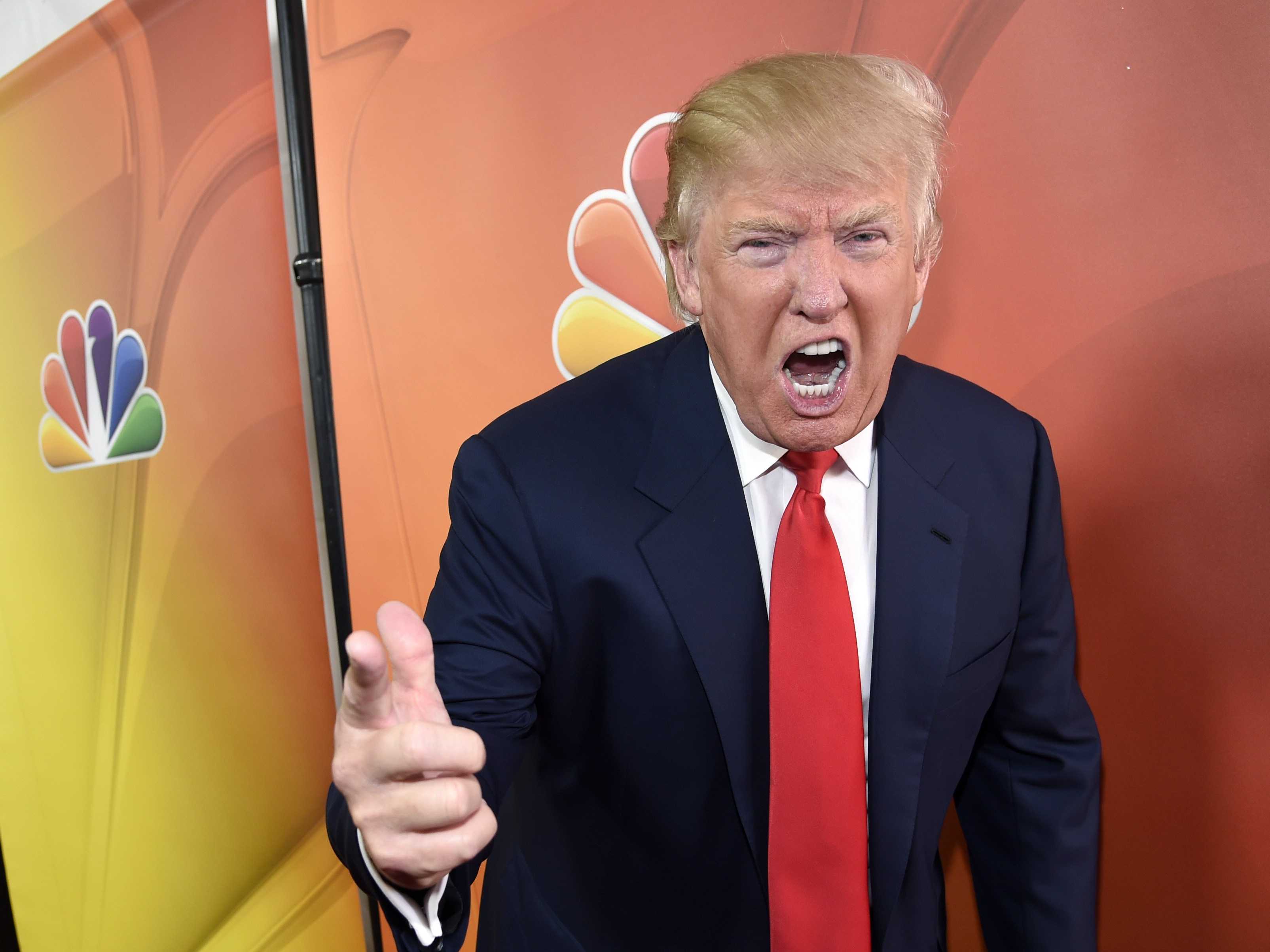 President Donald Trump
President Donald Trump A few minutes before his daughter lit the Shabbat candles last Friday night, President Donald Trump signed a rushed executive order regarding immigration and refugees.
Did Trump deliver on his campaign promise of a Muslim ban to America until we figure out “what the hell is going on”? Actually, he backed down considerably from that promise, signing instead a more narrow order regarding travel restrictions from jihadist conflict zones.
As David French writes in National Review Online, “Trump’s order isn’t a betrayal of American values. Applied correctly and competently, it can represent a promising fresh start and a prelude to new policies that protect our nation while still maintaining American compassion and preserving American friendships.”
But here’s the problem: It wasn’t enacted correctly or competently. There was no serious vetting with legal and security experts, no coordination with foreign governments or the multiple agencies in charge of execution, no cooperation with key allies in Congress. As David Brooks wrote in The New York Times, “To say that it is amateur hour at the White House is to slander amateurs.”
As a result of his blundering impulsiveness, Trump nourished the anti-Trump frenzy that already is sweeping much of the country, especially among liberal circles.
So, instead of having a smart debate over how best to protect our country and still live up to our ideals, we have the spectacle of confused immigration officials, visitors stranded in limbo, protestors swarming airports, lawyers rushing to courts and a gleeful media happy to rake in the ratings.
You could never tell through all the hysteria that the Trump orders were hardly a radical departure from past policies. For example, according to the Migration Policy Institute, Trump’s annual cap of 50,000 refugees is higher than the caps allowed by President George W. Bush in 2002, 2003, 2006 and 2007, and only moderately lower than the caps allowed by President Barack Obama before 2016. In 2011 and 2012, Obama admitted barely more than 50,000 refugees.
As far as the indefinite hold on admission of Syrian refugees until the United States has “determined that sufficient changes have been made to the USRAP [United States Refugee Admissions Program] to ensure that admission of Syrian refugees is consistent with the national interest,” as the executive order states, let’s not go crazy. In the four years after the start of the Syrian civil war, confronted with a refugee crisis that ballooned into the millions, Obama allowed 29 Syrian refugees in 2011, 31 in 2012, 36 in 2013 and 105 in 2014.
You could never tell through all the hysteria that the Trump orders were hardly a radical departure from past policies.
The order imposing a temporary 90-day ban on people entering the U.S. from Iraq, Syria, Iran, Libya, Somalia, Sudan, and Yemen may drive a lot of people nuts, but it’s also not a radical departure from the past. The ban, which allows for special exemptions, is in place while the Department of Homeland Security determines the “information needed from any country to adjudicate any visa, admission, or other benefit under the INA [Immigration and Nationality Act] (adjudications) in order to determine that the individual seeking the benefit is who the individual claims to be and is not a security or public-safety threat.”
Obama’s State Department imposed its own six-month ban in 2011, when it stopped processing Iraqi refugees after a Kentucky case involving two al-Qaida terrorists. Unlike Trump’s order, though, the ban did not apply to tourists and immigrants.
Where does the list of seven countries come from? That’s right — from the Obama administration. Beginning in January 2016, travelers from Iran, Iraq, Sudan and Syria were blocked from entering the United States under the Visa Waiver Program, which allows foreign citizens to travel to the U.S. for up to 90 days without obtaining a visa. Libya, Somalia and Yemen were added soon after due to “the growing threat from terrorist fighters.”
Under Obama’s restrictions, people still were able to apply for a visa using the regular immigration process. Nevertheless, it hardly feels like a radical departure to impose a 90-day ban on countries identified as a growing threat by Obama himself while the U.S. reviews and potentially strengthens the vetting process.
My point is this: Trump’s reckless disregard for the slow, deliberate process of shaping policy, and the ensuing chaos he breeds with his “fire, ready, aim” approach, is killing debate and making it virtually impossible to see any hint of sanity in his policies, even when it’s there.
If he wants to avoid becoming a loser president, maybe he ought to put down his pen once a week and light the Shabbat candles with his daughter. If Shabbat can’t slow him down, nothing can.
David Suissa is president of TRIBE Media Corp./Jewish Journal and can be reached at davids@jewishjournal.com.























 More news and opinions than at a Shabbat dinner, right in your inbox.
More news and opinions than at a Shabbat dinner, right in your inbox.